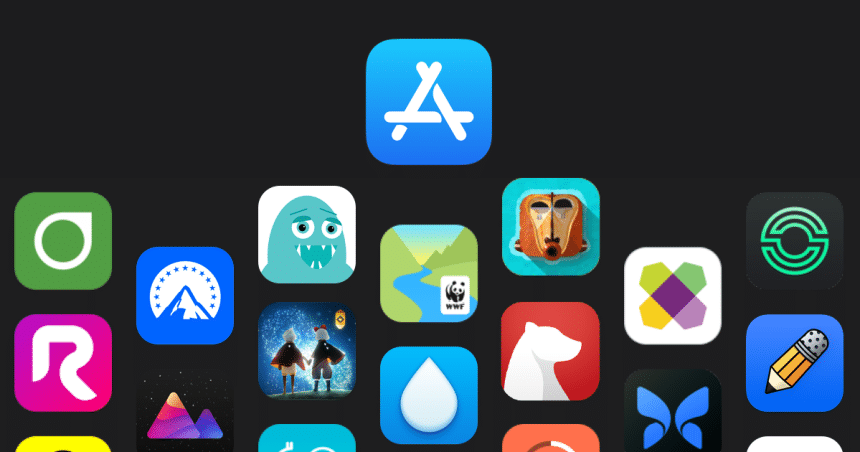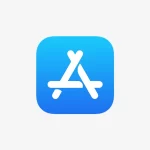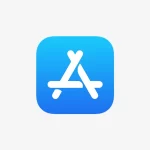Apple is set to defend itself in a UK trial over claims of monopolistic practices in its App Store. The trial, beginning January 13, 2025, is a result of a four-year-old class action lawsuit seeking up to £1.5 billion ($1.83 billion) in damages.
The lawsuit, led by Dr. Rachael Kent, a digital economy expert at King’s College London, accuses Apple of abusing its dominance by charging developers up to a 30% commission on in-app purchases (IAP). The suit alleges these fees force developers to pass costs onto consumers through higher app prices.

Claims of Monopolistic Practices
Dr. Kent’s case argues that Apple’s restrictions on third-party payment systems prevent competition, leaving developers with no alternative but to comply with its policies. She describes Apple’s actions as “unjustified charges” that exploit both developers and consumers. According to Kent, “Apple achieves this by blocking access to alternative platforms and developers offering better deals.”
Apple, in response, has dismissed the allegations as “meritless.” It defends its commission structure, claiming it is “in line with other digital marketplaces.” The company also highlights that 84% of apps on the App Store are free, with no fees charged to developers. For those who do pay, Apple points out its reduced 15% commission for developers earning less than $1 million annually, introduced in 2021.
A Wider Debate
This case mirrors the high-profile legal battle between Apple and Epic Games over similar antitrust issues. Apple’s fees and policies have been a frequent source of contention, with critics arguing they stifle competition while proponents view them as necessary for maintaining security and innovation.
The UK Competition Appeal Tribunal will hear the trial over seven weeks. If successful, the lawsuit could reshape App Store policies and set a precedent for digital marketplaces worldwide.
As Apple heads into this significant legal battle, the trial’s outcome could influence how tech giants operate digital platforms. Both developers and consumers await the results, which may redefine app store ecosystems.












